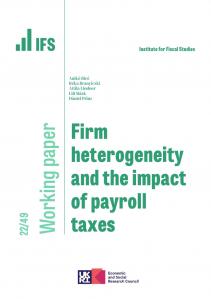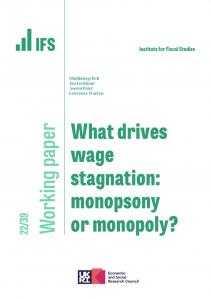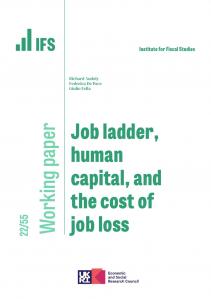This paper concerns the relationship between refuse collection contract costs and the number of bidders for a sample of English local authorities. Compulsory Competitive Tendering (CCT) of blue collar services such as refuse collection and street cleaning was introduced in the UK by the Local Government Act 1988. This law, imposed by central government, obliged elected local authorities to expose specific services to competitive tendering at fixed intervals and subject to national guidelines. In this paper we use a newly constructed data set that contains information on the number of bids received for selected refuse collection contracts to analyze the economic impact of CCT. We find that a higher number of bids is associated with a lower cost of service. Moreover, controlling for the possible endogeneity of the number of bids strengthens this result. This finding, as well as being an important empirical verification of standard proposition in auction theory, also has important policy implications. The Labour Party in the UK has pledged itself to abolishing CCT, claiming that competitive tendering should only be used as a instrument of last resort. Our results suggest that this will lead to an increase in service costs.









